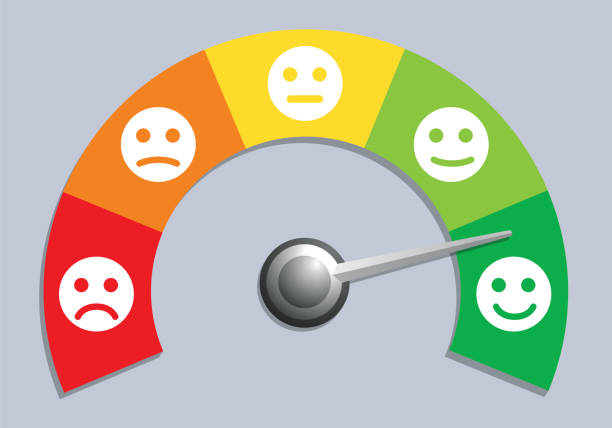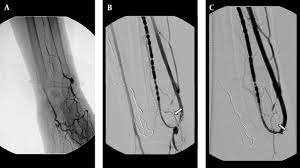Being truly successful and financially independent means you understand your entire financial picture, including knowing your net worth, having a retirement account, and having a good credit score.
Think about it as a test score when you are in school. Your teacher uses it to find out how well you understand the subject and whether it is worthy of a high-performance report.
Likewise, a lending company will use the score to determine if you are eligible for credit. A high credit score helps the lender know that you are managing your credit well and that you can pay back the money they lend you.
What is the credit score?
Your credit score is a 3-digit number, usually 300 to 850, that lenders and their reporting companies use to quickly assess you and determine your worthiness to pay off your debts. A good credit score determines whether you can get a loan, a credit card, rent an apartment, buy a car, and in some cases qualify for a job. However, it is sad to note that 54% of adults do not check it.
You can have multiple credit scores from different companies, as each one generates its report using different methods. You need to know what it says and what it includes so that you are in a better shape to use it. This leads to tracking.
Why should you monitor your credit score?
Monitoring your credit score simply means monitoring it for any changes. It will not lower your score. The monitoring tracks your credit score to check for changes or suspicious activity. There are many reasons why you need to monitor this.
Loan conditions
Monitoring this helps you know when you have a good score, which will help you determine the rate, terms, and who will be willing to lend you money in the future. It also gives you access to lower rates, helping you pay off your loan faster and pay less interest over time.
Important life decisions
Monitoring your credit score affects many life decisions you will make, such as buying a car, getting a home, getting a job, getting a personal loan, a car loan, or even applying to rent an apartment.
Stop identity theft
Monitoring your credit score can help you catch mistakes early and spot the first signs of identity theft. If you don’t pay close attention, your personal information can be stolen and used for identity fraud. Early notice will protect your identity and prevent potential fraud.
Better plan your finances
Properly monitoring your credit score helps you understand how your financial activities impact your credit score. You will be able to identify areas where you are making financial mistakes and then implement corrective actions to lead to better financial health.
Custom notification
Many credit monitoring companies will provide you with a comprehensive service that will allow you to customize your alerts, reports, and notifications. You can decide to set an alert to inform you if there is a suspicious transaction on your credit card or to set alerts to get the best loan rates based on your financial requirements.
Monitoring your credit score does not have any adverse effect on your credit as it is a gentle inquiry. Banks, credit institutions, and credit card companies use three different credit bureaus to determine your creditworthiness.
The 3 main offices are Equifax, Experian, and Transunion, and they all differ in how they track your account. For example, Equifax separates your credit accounts into open or closed categories. So if your credit card account has been closed for five years, it will weigh differently than the one that is still open. Equifax uses a credit history of 81 months, unlike other agencies that use the traditional seven years.
How do you monitor your credit score?
It is not easy for you as an individual to constantly and adequately monitor your credit score. That is why it is good to hire the services of monitoring service companies. These companies also scan the Darknet to see if their information is being used there and to keep track of their public records.
However, there are certain things that credit score monitoring would not do for you. It will not keep your information safe from data breaches, prevent someone from opening new accounts and applying for credit in your name, prevent your credit card from being skimmed, or report fraud. Therefore, there are limitations to what a credit score monitoring service can do for you. Still, when you consider the many benefits, they are nice to have.
Why does your score drop?
One of the benefits of monitoring your credit score is knowing when your score drops. You may be confused when you notice that your score has dropped even though there aren’t many changes in your financial habits. There are many reasons why this can occur. Here are some of them.
- When you apply for many credit cards at the same time
- When a credit provider reports new information to a credit bureau
- If your account is sent to collections
- You made a great purchase
- Closed a loan account
- Your Lender Lowers Your Limit
- Your report from any agency has an error.
This is why you need to consciously and regularly monitor this to know when any of this has occurred and to take steps to remedy the situation.
It is not an easy task for you to monitor your credit score. However, its monitoring is easy with the following solutions below. These services were chosen after considering the cost of the service, the credit rating model used, dark web scanning, identity theft insurance, and the number of supervised offices.




